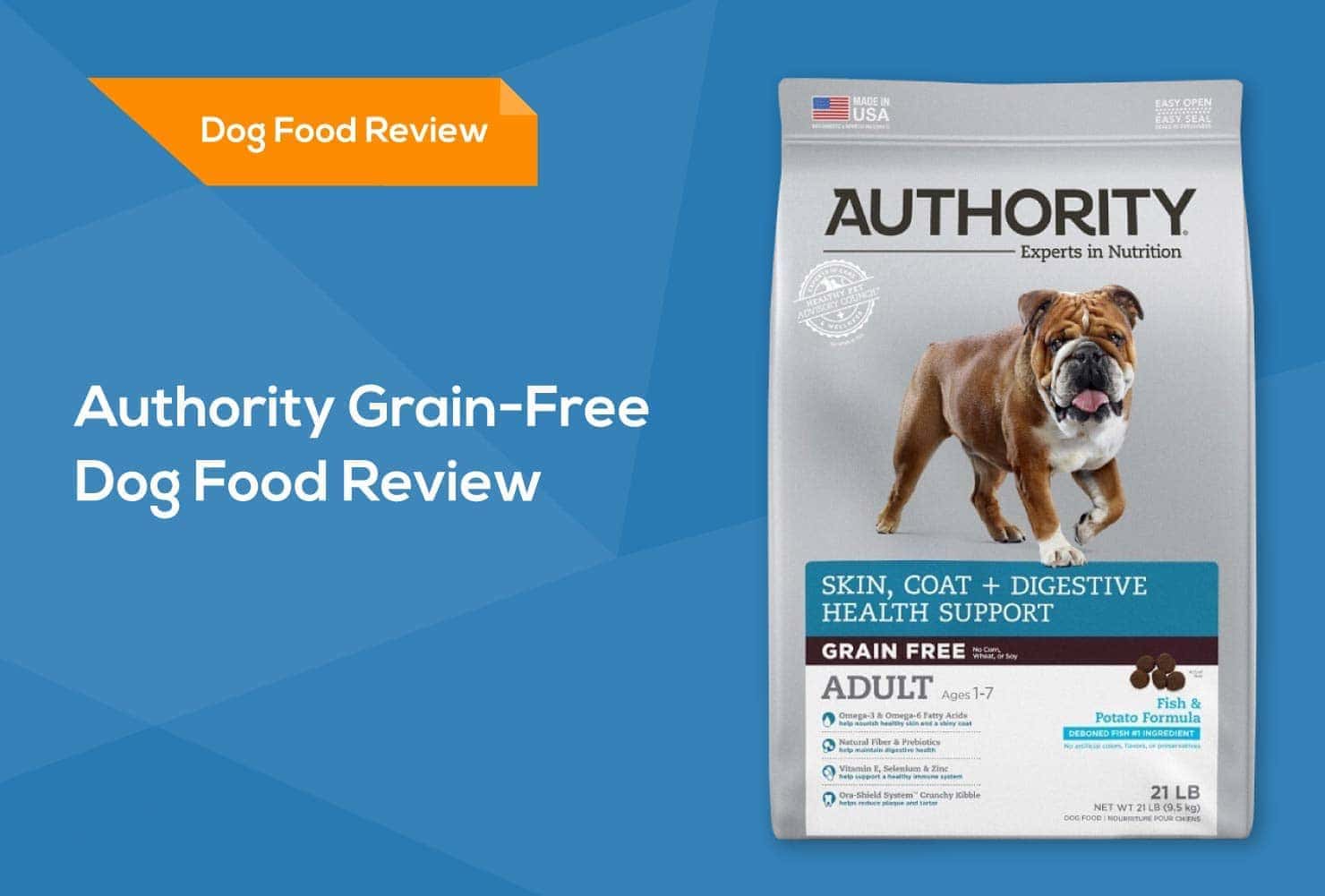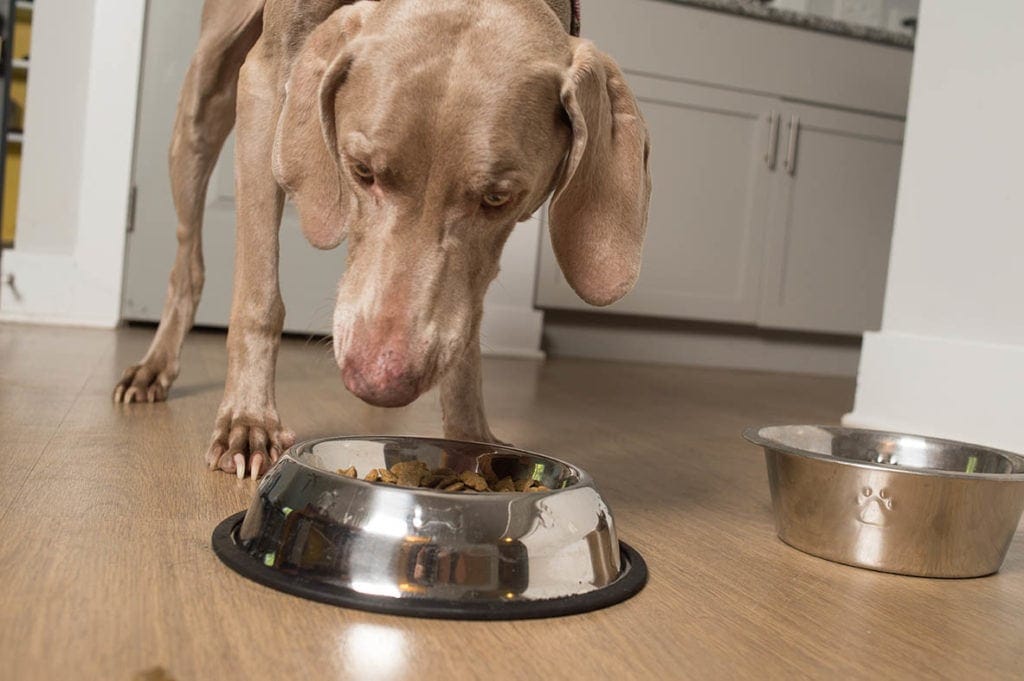Can Dogs Eat Eggshells? Vet-Reviewed Nutrition Facts & Safety Guide
Updated on

Disclaimer: Before changing your dog’s diet or introducing new ingredients or supplements, make sure to consult your veterinarian first. Every dog is different and requires an individual approach to nutrition, depending on their age, health, level of activity, and medical history. The guidelines offered in our article have been fact-checked and approved by a veterinarian but should be used as a mere guide on food safety, rather than an individual nutrition plan.
Undoubtedly, most dogs love eggs, and many dog owners keep eggs in the fridge for themselves. Some dog parents feed their dogs cooked eggs for added nutritional benefits, such as their high protein, vitamin and fatty acid content. But what about eggshells? Can dogs eat them? While eggshells can also contain nutritional benefits for dogs, they can be a potential hazard if not prepared properly.
In this post, we’ll discuss what nutritional benefits eggshells contain and the do’s and don’ts of feeding eggshells to your beloved canine fur baby.
Can Dogs Eat Eggshells?
In a nutshell (or eggshell, if you will), dogs can eat eggshells, and they can provide your dog with certain nutrients, particularly calcium. However, giving your dog hard eggshells and letting them go to town is not particularly safe. The eggs’ hard shells can cut your dog’s tongue and mouth due to the sharp edges, and they can also cause damage to your dog’s throat and internal organs. That said, it’s best to prepare them safely for canine consumption (more on that in a bit).

Can Eggshells Contain Salmonella?
Salmonella can absolutely be present on eggshells, which can make your dog very sick. Salmonella can get on the eggs after the eggs are laid because birds can contaminate them with bird droppings. Salmonella can also get inside the eggs. This happens when the egg forms inside the chicken before the egg makes a shell. This doesn’t happen as much as it did back in the past, but the risk is still present.
Eggs bought from the grocery store are washed before they even reach the store, taking the worry out of touching eggs while shopping. Still, it’s best to practice good hygiene when handling eggs.
What Benefits Do Eggshells Contain for Dogs?
Eggshells are mainly a source of calcium, they also contain small amounts of phosphorus and magnesium. Calcium is an essential dietary mineral and is important for healthy bones and teeth. It is also involved in muscle function, cardiac function and a healthy nervous system.
Eggshell membranes have been shown to contain glucosamine, chondroitin, and collagen, all of which can improve joint health, according to a 2016 study.
Commercial dog foods are specially formulated to contain the right balance of nutrients your dog needs to thrive, and so extra calcium supplements are not necessary. If your dog is on a homemade or raw diet then getting the right balance can be more difficult and we would always recommend consulting your vet or veterinary nutritionist to make sure your dog is receiving the right balance of nutrients.
Either way, always check with your vet before adding new foods and supplements to your dog’s diet to ensure they are safe for your particular dog. Too much calcium can also cause issues such as constipation and urinary stones.

How to Prepare Eggshells Safely for Your Dog
Dogs cannot digest whole, hard eggshells properly, so a key factor in preparing them is grinding them up into a fine powder so that you can easily add them to your dog’s food. Once you have the go-ahead from your veterinarian, you can prepare the eggshells. Here’s how to prepare eggshells using 12 eggs:
- Preheat the oven to 300°F for 10 minutes.
- Rinse the eggs thoroughly under warm water and then dry them.
- Place the eggshells on an oven-safe tray, spreading them out evenly.
- Bake for 5 to 7 minutes. The eggshells will remain white or brown but may take on a light tint. Ensure you don’t bake any longer than the recommended time to avoid an unpleasant smell.
- Allow the eggshells to cool completely.
- Once cooled, grind them in a blender, food processor, clean coffee grinder, or something similar until blended into a fine powder with no sharp edges.
- Store in an air-tight container at room temperature for 2 months.
Start with small amounts to ensure the eggshells do not cause tummy upset. You can gradually add a little more over time as long as your dog does well eating them. This recipe makes approximately 12 teaspoons. Before adding to your dog’s diet, we recommend consulting your vet on how much you can safely add to your dog’s food.
Conclusion
To sum it up, yes, dogs can eat eggshells, but they must be prepared safely and you should check with your vet before giving them to your dog. Never feed raw eggshells to your dog, as the sharp edges can cut your dog’s tongue and mouth and even damage the throat and internal organs, not to mention the chance of contracting salmonella. Ensure you cook the eggshells in the oven and grind them up into a fine powder before giving them to your dog.













